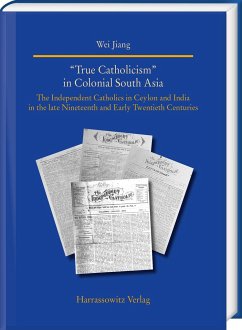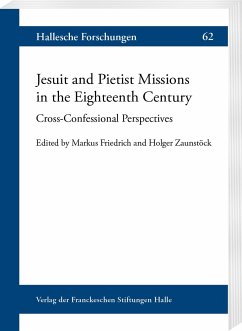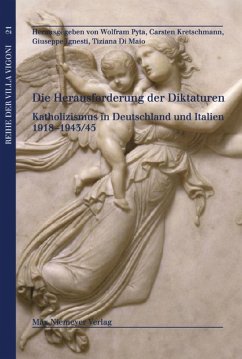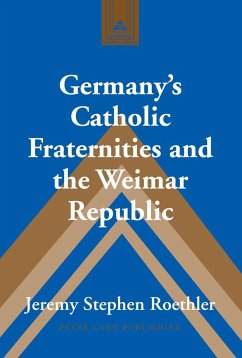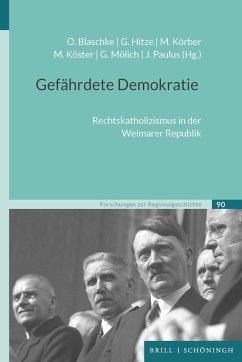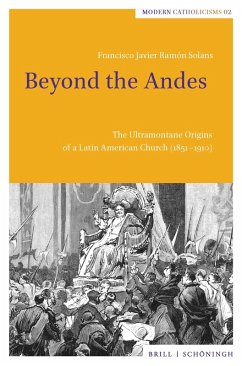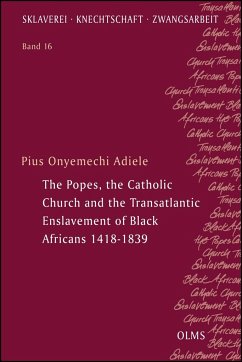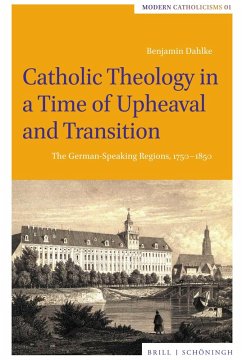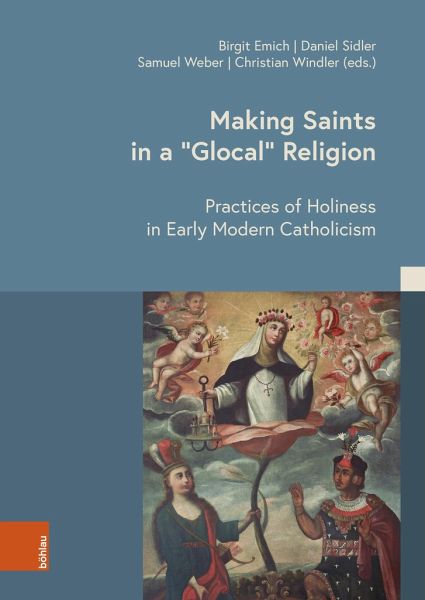
Making Saints in a "Glocal" Religion
Practices of Holiness in Early Modern Catholicism
Herausgegeben: Emich, Birgit; Sidler, Daniel; Weber, Samuel; Windler, Christian; Friedrich, Markus; Amsler, Nadine; Badea, Andreea;Mitarbeit: Emich, Birgit; Sidler, Daniel; Weber, Samuel; Windler, Christia
Versandkostenfrei!
Sofort lieferbar
95,00 €
inkl. MwSt.

PAYBACK Punkte
0 °P sammeln!
Early modern Catholicism was a "glocal" affair: global in aspiration yet diverse in its local manifestations. Saint-making was no exception. In the wake of the Council of Trent, the Roman Church developed complex bureaucratic procedures through which the papacy proclaimed the saints of the Church Universal. But these procedures remained contingent on Catholics' active veneration of holy men and women before their formal canonization and the faithful's willingness to reappropriate Roman saints locally once the papacy had reached a verdict. This volume brings together the work of leading interna...
Early modern Catholicism was a "glocal" affair: global in aspiration yet diverse in its local manifestations. Saint-making was no exception. In the wake of the Council of Trent, the Roman Church developed complex bureaucratic procedures through which the papacy proclaimed the saints of the Church Universal. But these procedures remained contingent on Catholics' active veneration of holy men and women before their formal canonization and the faithful's willingness to reappropriate Roman saints locally once the papacy had reached a verdict. This volume brings together the work of leading international specialists to show how early modern sanctity was produced, framed, and spread: far from being imposed uniformly upon a global Catholic community by the Roman center, saints were the product of constant negotiations between the global Church and local Catholics living in the four corners of the early modern world.




